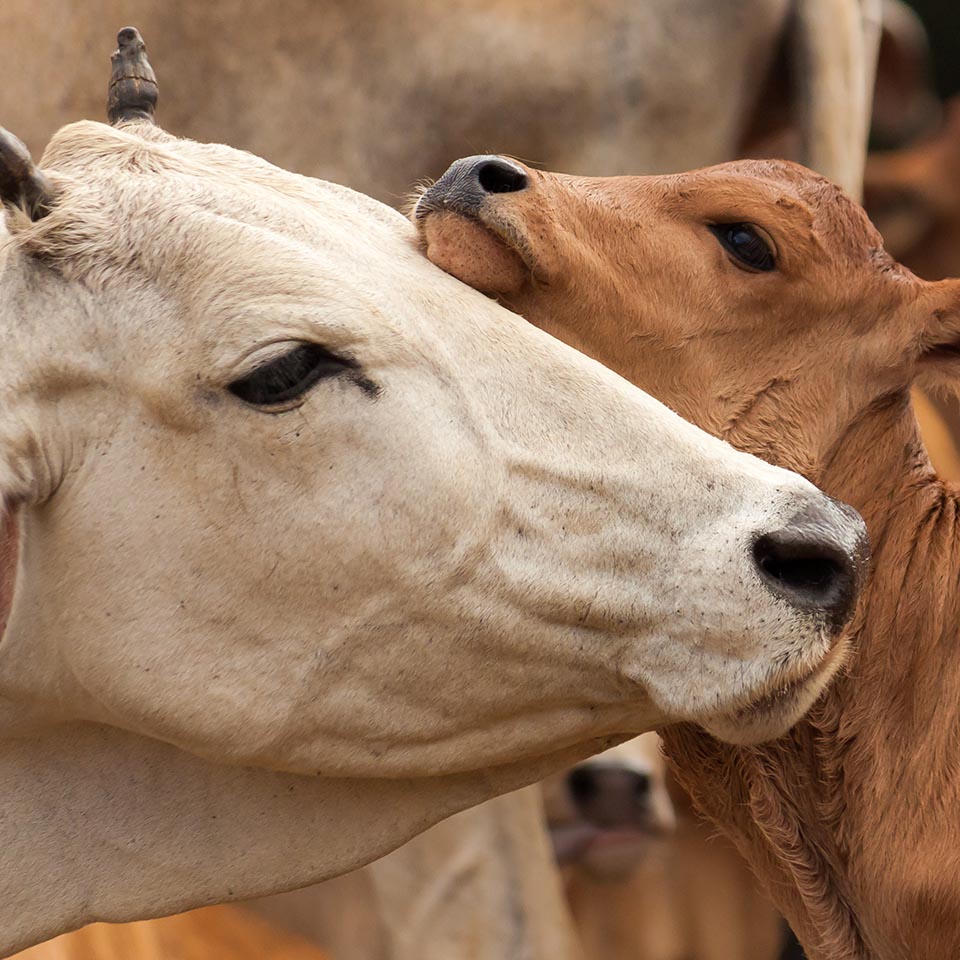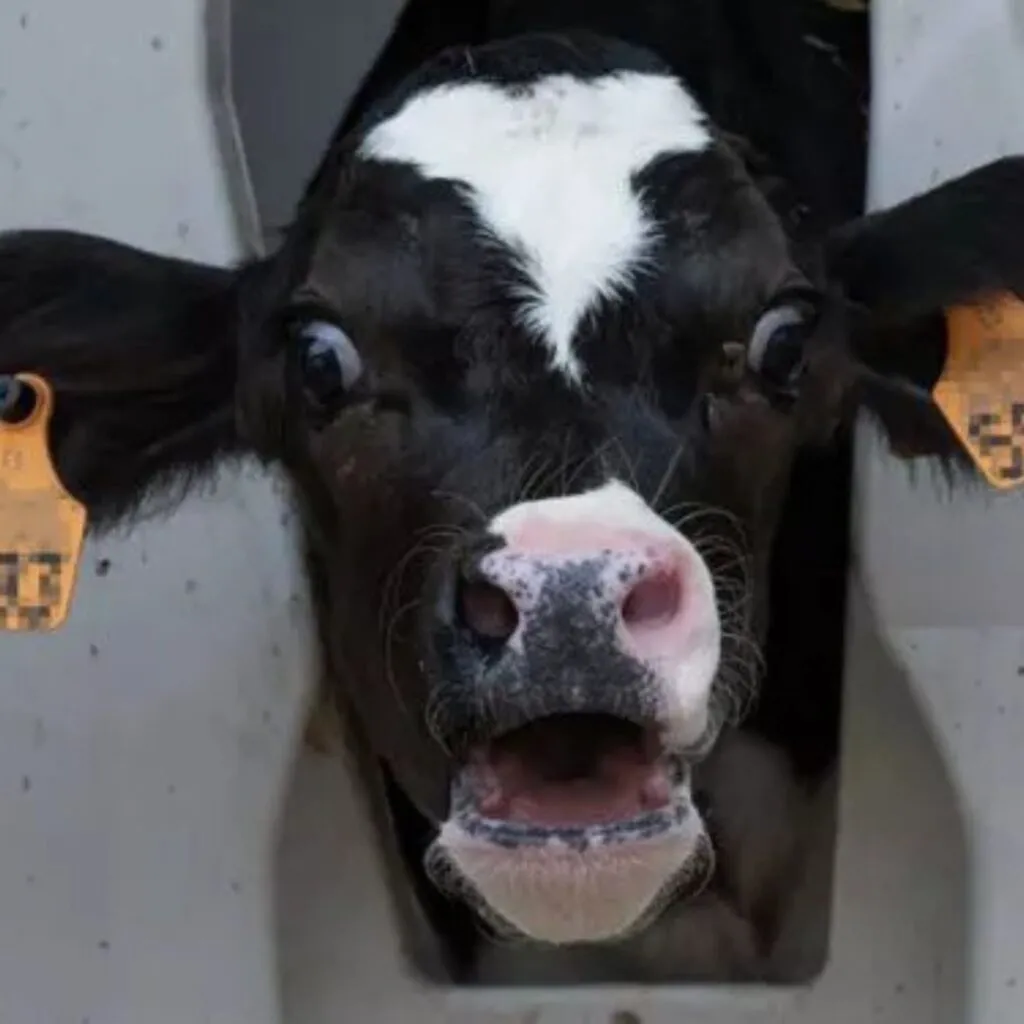
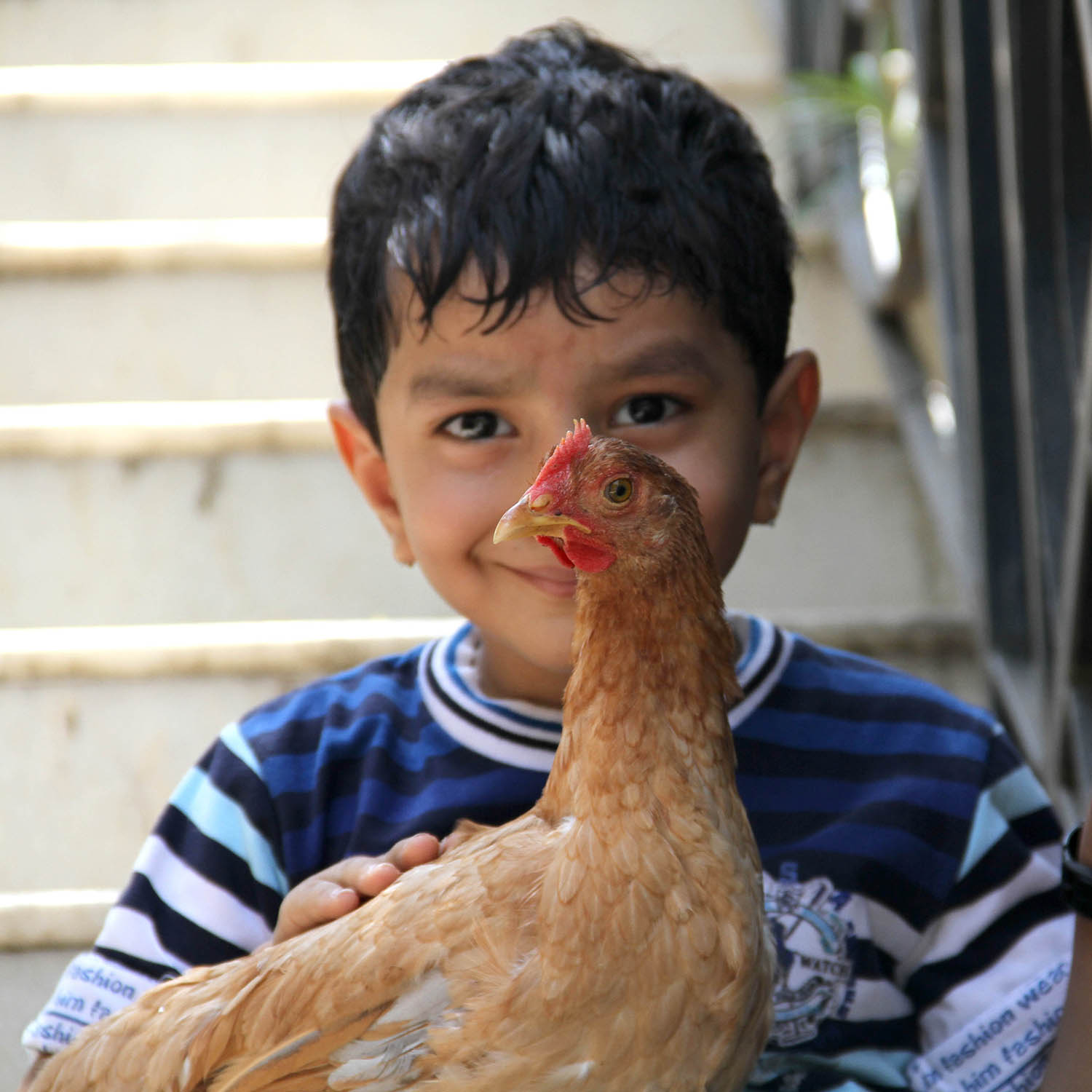
The Inherent Kindness of Children: A Reflection on Children’s Day
Children possess an innate curiosity and an unfiltered outlook on the world that allows them to see the beauty in everything around them. This innate kindness extends not only towards fellow humans but also towards animals. On this Children’s Day, let’s reflect upon the natural kindness of children and why this should encourage us to promote compassion towards animals and understand how consuming animals is contradictory to this innate quality.
1. Empathy and Connection:
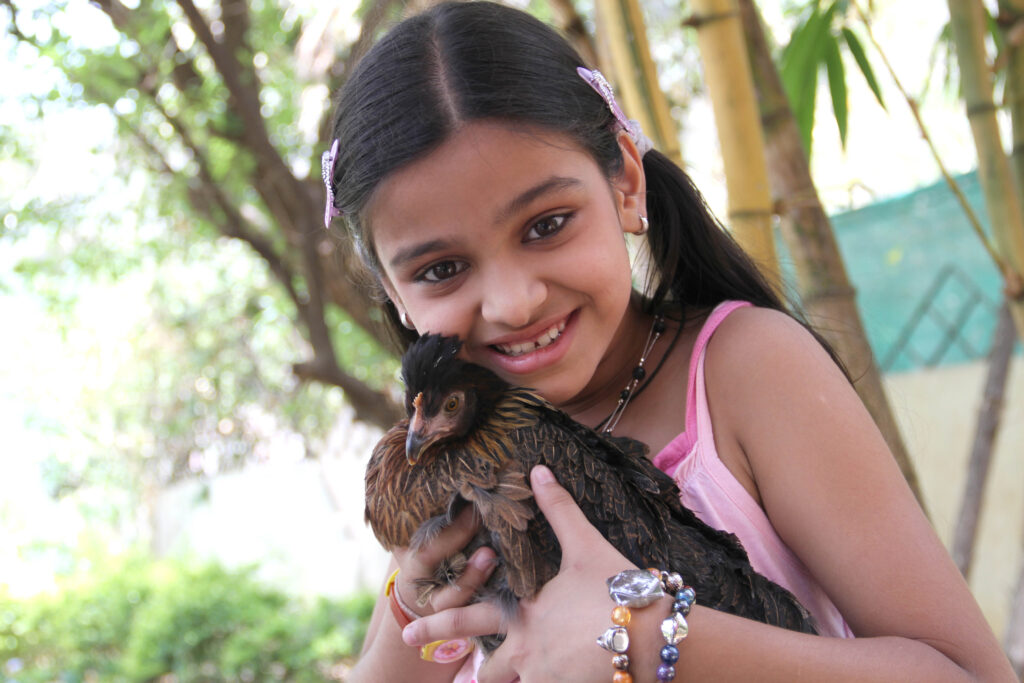
Children possess a remarkable ability to connect with animals on a deep emotional level. They display empathy and compassion, forming strong bonds with their companion animals, farmed animals, or even wildlife they encounter. Their natural inclination to treat animals with kindness and respect is a testament to their inherent nature.
2. Developing Values:
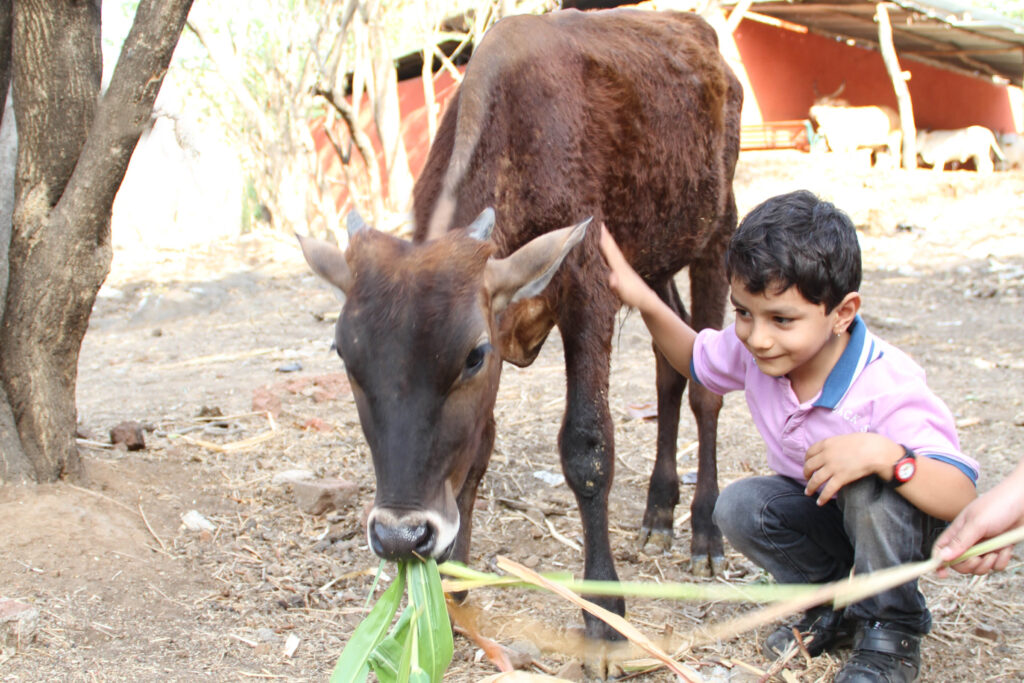
Children are like sponges, absorbing the values and behaviors they see around them. By promoting kindness towards animals, we instill important values such as empathy, compassion, and respect in children. This not only benefits the animals but also contributes to the overall moral development of children, fostering a more compassionate society.
3. Animal Protection:
Eating animals contradicts the innate kindness children possess. It is a stark contrast to the empathy they show towards animals in their daily lives. By teaching children about the negative impacts of animal agriculture, we can help them understand the importance of choosing plant-based alternatives. This can pave the way for a more sustainable and compassionate future.
4. Environmental Responsibility:
Children’s innate kindness extends beyond individual animals to the broader scope of environmental conservation. By educating children about the environmental impact of animal agriculture, we can empower them to make informed choices that promote sustainability. Encouraging plant-based diets among children can help reduce greenhouse gas emissions, deforestation, and water pollution associated with animal agriculture.
5. Cultivating Empathy:
Promoting kindness towards animals also cultivates empathy in children. When children learn to respect and care for animals, they develop a greater understanding of the interconnectedness of all living beings. This empathy not only enhances their relationships with animals but also extends to their interactions with other humans, fostering harmonious and compassionate communities.
6. Teaching Responsibility:
Nurturing kindness towards animals in children also teaches them responsibility. Caring for a companion animal, visiting animal sanctuaries, or engaging in volunteer work instills a sense of duty towards the well-being of other creatures. This responsibility not only benefits animals but also helps children develop important life skills such as empathy, patience, and nurturing.
Children’s Day is a reminder of the natural kindness children possess and the importance of nurturing this innate quality. By promoting compassion towards animals, we can help children grow into empathetic, responsible, and environmentally conscious individuals. Encouraging plant-based diets, teaching about animal protection, and fostering a deep connection with nature can all contribute to a brighter future, where kindness towards animals becomes the norm rather than the exception. Let us celebrate Children’s Day by honoring this innate quality and inspiring them to protect and cherish all living beings.
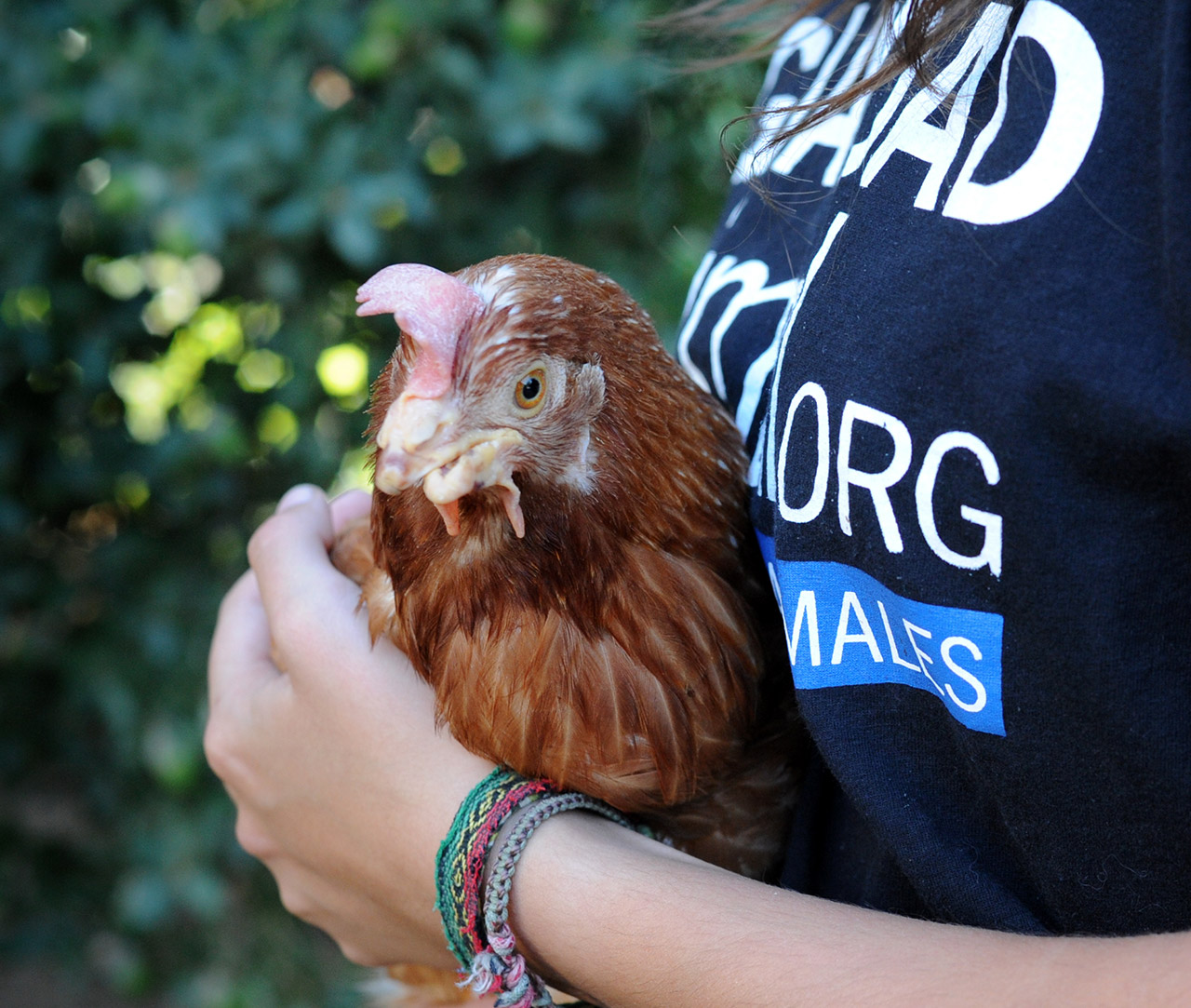
LIVE KINDLY
With rich emotional lives and unbreakable family bonds, farmed animals deserve to be protected. You can build a kinder world by replacing animal food products with plant-based ones.
Recommended
